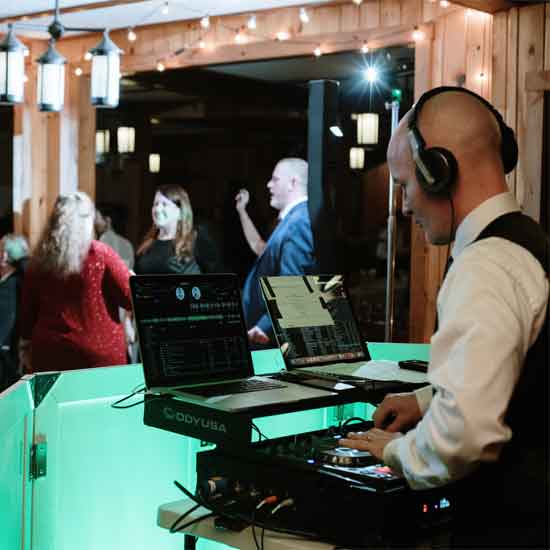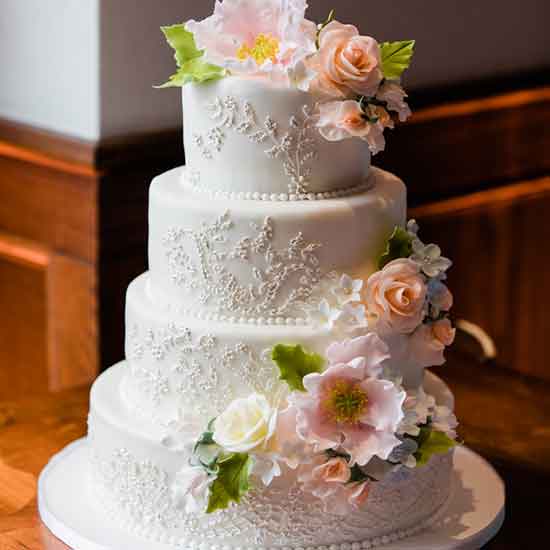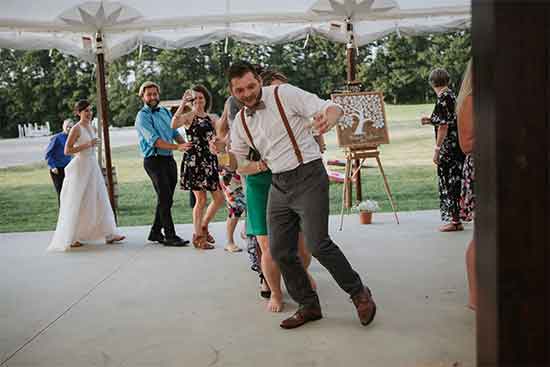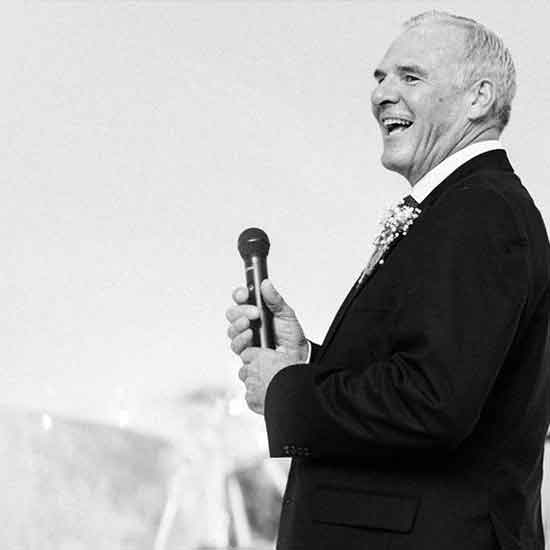
Photo Credit: Val Bozzi Photography – valbozziphotography.com
Budgeting for Your Wedding Doesn’t Mean Eternal Debt
You may never plan as large an event as your wedding, and as exciting as this special day is, it shouldn’t leave you in financial ruins. According to the Knot, the average American wedding costs over $35,000, and is a major expense for most couples as they move toward married life together. Everyone wants to avoid budgeting, but it actually will have a very positive impact on your wedding planning. You will be clearer about your priorities, focused on getting your must-haves, and avoid many unnecessary arguments over the next few months with a thoughtfully prepared budget. Really!
Know Your Priorities
Before you start scheduling appointments and paying deposits, carefully think through what your ideal wedding day looks like to you. What have you always dreamed your day would be like? What are the key activities or experiences you want your guests to have? What have you experienced at other weddings that you loved? Take the time to figure out what really matters, because your first step should be to set your priorities. Prioritizing will help keep you focused, control spending and stay on budget, and help avoid making rash financial decisions.
Set a Budget
Planning your spending and setting a budget for your wedding and its featured elements right from the outset is key. You don’t want to dig yourself into a financial hole just when you are beginning your new life together. You can also avoid a lot of arguments during the wedding planning process when you have a clear budget ahead of time. Involve anyone who is paying for the wedding, draft out projected costs, and sit down together to discuss the budget. Figure out where you want to splurge and where you can save, decide what is non-negotiable and where you are flexible. Get very clear on who is paying for what, and what your limits are. Talking about money can be uncomfortable, and many people avoid a budget like the plague, but when you talk openly about how much you can spend ahead of time, you are setting yourself up for less conflict and fewer surprises.
Read the Fine Print
Before you sign off on any contract and pay any deposit, go over the fine print very carefully. This is where many “hidden fees” get buried, things such as the photographer’s travel fees, an additional hourly rate if the DJ stays longer, clean up costs at the venue, or additional printing costs for the paper you selected for your invitations, all these little fees really add up and can impact your budget in a big way. Many are legitimate, but some will simply be up-charges you can avoid. Carefully consider if these extras are really necessary, and cut them out whenever possible.

Photo Credit: Suzanne Simmons Photography – suzannesimmonsphotography.com

Photo Credit: Suzanne Simmons Photography – suzannesimmonsphotography.com
Set a Budget
Planning your spending and setting a budget for your wedding and its featured elements right from the outset is key. You don’t want to dig yourself into a financial hole just when you are beginning your new life together. You can also avoid a lot of arguments during the wedding planning process when you have a clear budget ahead of time. Involve anyone who is paying for the wedding, draft out projected costs, and sit down together to discuss the budget. Figure out where you want to splurge and where you can save, decide what is non-negotiable and where you are flexible. Get very clear on who is paying for what, and what your limits are. Talking about money can be uncomfortable, and many people avoid a budget like the plague, but when you talk openly about how much you can spend ahead of time, you are setting yourself up for less conflict and fewer surprises.
Read the Fine Print
Before you sign off on any contract and pay any deposit, go over the fine print very carefully. This is where many “hidden fees” get buried, things such as the photographer’s travel fees, an additional hourly rate if the DJ stays longer, clean up costs at the venue, or additional printing costs for the paper you selected for your invitations, all these little fees really add up and can impact your budget in a big way. Many are legitimate, but some will simply be up-charges you can avoid. Carefully consider if these extras are really necessary, and cut them out whenever possible.

Photo Credit: Val Bozzi Photography – valbozziphotography.com
Keep Track of Expenses
Setting a clear budget is a critical first step, but it shouldn’t be the last you see of those figures. You need to stay on top of your spending and allocate funds accordingly, as you go along. Once you have a budget, itemize within categories such as invitations, floral, favors, food and beverages, music, photography, etc. Create some kind of budgeting system as a spreadsheet where you can track individual expenses within each area, including your budgeted amount versus the actual expense. Input every single expense. This tracking system is also a great place to note deadlines for deposits and other payments to vendors, and record what you paid to whom, when, so nothing falls through the cracks.
Prepare for Surprises
One thing you can count on is that expenses will pop up that you didn’t anticipate. Have some budget money set aside for these unexpected costs. Things like gratuities, transportation costs, a last-minute alteration, all add up. Most experts recommend 5% of your total budget for these “just in case” expenses. Best case scenario and you don’t need the extra – put it toward your honeymoon!
Money-Saving Wedding Tips:
- Limit your guest list – more people equals more money.
- Host the ceremony and/or the reception at a home or outdoor space – most receptions eat up 55% of the budget or more.
- DIY where possible – but be realistic about time and talent.
- Research vendors – shop around and interview vendors for the best option.
- Go off peak – scheduling your wedding at the height of the season or best day of the week costs a premium.
Remember, your wedding is about starting your new life with your spouse. Through all the planning and paying for your big day, don’t lose site of what truly matters – your marriage. It’s not ideal to start it with an empty bank account and loads of credit card debt. With careful planning and some extra research, you can have a budget friendly wedding that still fulfills your dreams!
Featured Image By Bill Ellis Photography: www.billellisphotography.com

Photo Credit: Val Bozzi Photography – valbozziphotography.com

Photo Credit: Val Bozzi Photography – valbozziphotography.com
Money-Saving Wedding Tips:
- Limit your guest list – more people equals more money.
- Host the ceremony and/or the reception at a home or outdoor space – most receptions eat up 55% of the budget or more.
- DIY where possible – but be realistic about time and talent.
- Research vendors – shop around and interview vendors for the best option.
- Go off peak – scheduling your wedding at the height of the season or best day of the week costs a premium.
Remember, your wedding is about starting your new life with your spouse. Through all the planning and paying for your big day, don’t lose site of what truly matters – your marriage. It’s not ideal to start it with an empty bank account and loads of credit card debt. With careful planning and some extra research, you can have a budget friendly wedding that still fulfills your dreams!
Featured Image By Bill Ellis Photography: www.billellisphotography.com
